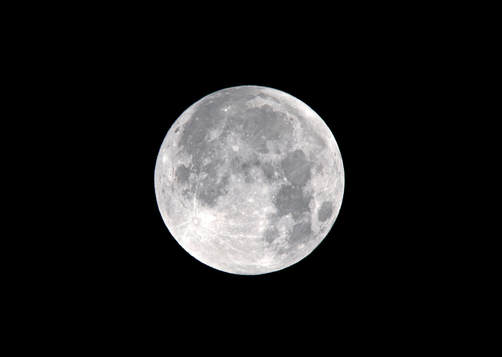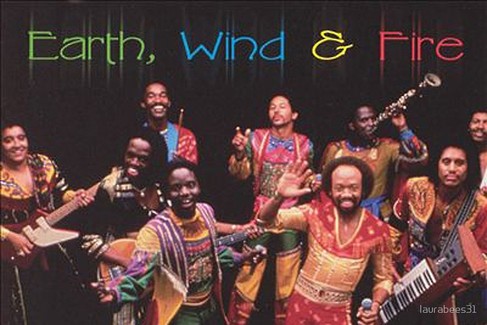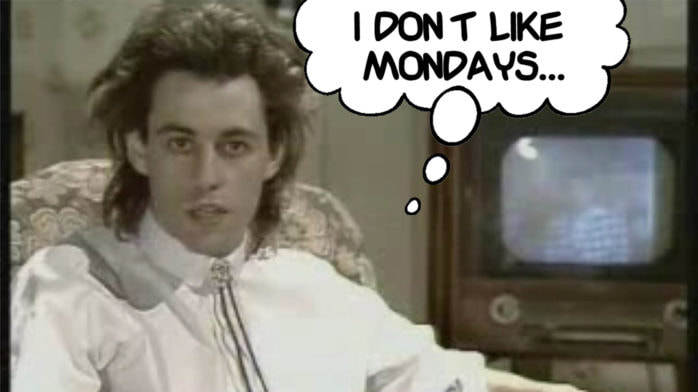The first performance date that I could find for this song was 1908 as part of the famous Ziegfeld Follies on Broadway. It was first performed by Nora Bayes and Jack Norworth. There is some confusion as to who composed the song. I know that seems hard to believe in this time of careful copyrights. But, things were a bit looser back then. The American Society of Composers, Authors, and Publishers, or ASCAP, was not begun until 1914. Nora and Jack are usually given the credit for writing as well as performing the song.
The lyrics tell a sweet story of young love:
The night was mighty dark so you could hardly see,
For the moon refused to shine.
Couple sitting underneath a willow tree,
For love they did pine.
Little May was kinda 'fraid of darkness
So she said, "I guess I'll go."
Boy began to sigh, looked up at the sky,
And told the moon his little tale of woe
Oh, Shine on, shine on, harvest moon
Up in the sky;
I ain't had no lovin'
Since April, January, June or July.
Snow time, ain't no time to stay
Outdoors and spoon;
So shine on, shine on, harvest moon,
For me and my gal.
I can't see why a boy should sigh when by his side
Is the girl he loves so true,
All he has to say is: "Won't you be my bride,
For I love you?
I can't see why I'm telling you this secret,
When I know that you can guess."
Harvest moon will smile,
Shine on all the while,
If the little girl should answer "yes."
(repeat chorus)
Just for the record, I learned the line giving the months as January, February, June or July.
The Zeigfeld Follies was a yearly show, more of the variety format than what we think of as a musical. This song didn’t help any plot to go forward or highlight any character development—it was just a song to sing.
That doesn’t mean there isn’t more to find out about it.
Nora Bayes and Jack Norworth
Nora Bayes is an interesting character all by herself. She was born on 3 October 1880 and died on 19 March 1928. (Hmm. . . 33 years before I was born). Jack Norworth was the second of her five husbands. (He went on to write the lyrics to Take Me Out to the Ballgame!) When Nora died, her last husband made monthly payments to Woodlawn Cemetery in the Bronx to keep her in their receiving section. This is where an embalmed body in its casket would wait while a headstone was being prepared. She waited there for 18 years!
In 1946, her last hubby, Benjamin Friedland, died. His second wife, Louise, bought a plot at Woodlawn big enough for 5 burials and set Benjamin in it with his first wife, Nora. But she neglected to make any plans for a headstone. And when she died in 1973, she was cremated and placed elsewhere. Seems like she was trying to say something, doesn’t it?
Finally, just this past April 2018, Nora got a headstone!!!!! Woodlawn says that often there is a wait while the headstone is prepared, but this is the record so far for the longest wait.
The Song
The song has had a long life, even if Nora didn’t. Recordings began in 1909 and continue to this day. The song has been featured in many, many films and TV shows. There is even a song and dance routine in a Laurel and Hardy film, The Flying Deuces. (Apparently, both Laurel and Hardy were singers, and loved to harmonize between takes!)
And finally, I checked what a Harvest Moon is. It is the first full moon following the Autumnal Equinox. This year (2018) that will be on September 24.
I’ll be posting some versions of this song every day on my Minnich MusicFacebook page, so visit there to hear them! If you have any stories about Shine On, Harvest Moon, or favorite versions, let me know in the comments section, I’d love to hear from you.
I’ll be posting roughly once a week with a new song. I’m trying to make the songs seasonal, but I can make exceptions. So, if there’s a song that you’d like some background on, or questions about what it means, let me know.
Thanks for reading! Until next time!




 RSS Feed
RSS Feed